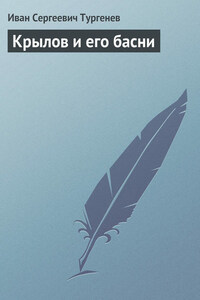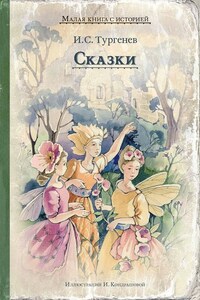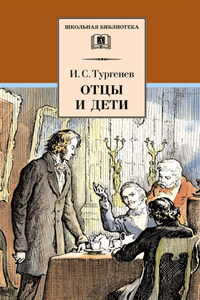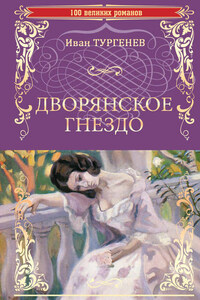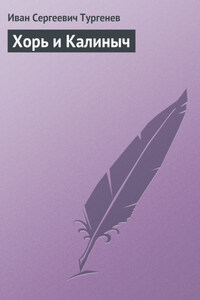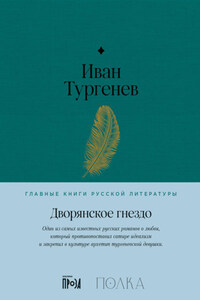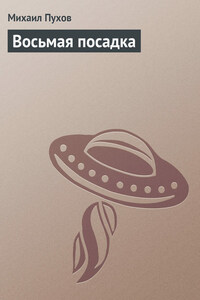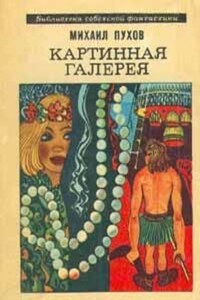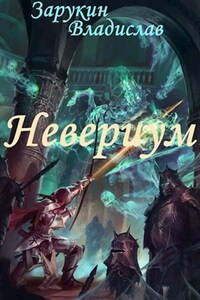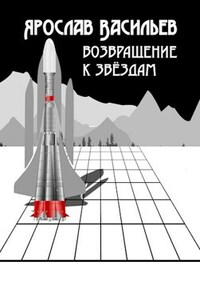Крылов и его басни
Автор книги - Иван Тургенев. Произведение относится к жанру критика. Год его публикации неизвестен. Книге не присвоен международный стандартный книжный номер.
«Слова «третье издание», относящиеся к выходу басен Крылова в прекрасном переводе г. Рольстона, звучат особенно приятно для уха каждого русского, так как они показывают, что английский читатель начинает интересоваться его родной литературой, жизнью и характером его народа, которые до сих пор рассматривал лишь с политической точки зрения. Что касается самого Крылова, то он, без сомнения, вполне заслужил всё то внимание, которое ему оказывают. Это единственный оригинальный баснописец, появившийся со времени Лафонтена…»
